Our Team

Tor Savidge, Ph.D.
Professor
Dr Savidge’s research has focused on emerging research concepts, including the involvement of the microbiome and neuro-immune signals in the induction of gastrointestinal (GI) disease. His research has explored protective host-microbiome mechanisms and microbial therapeutics, with studies focusing on discovery of microbiome-based biomarkers, small molecule activators and inhibitors of C. difficile pathogenesis, novel posttranslational modifications and micro[1]environmental interactions that regulate protein function. This work has been published in Science, Cell, Nature Medicine, Science Advances, JCI, PNAS, and in specialty journals including Gastroenterology and Gut. Dr Savidge’s laboratory is currently working to develop microbiome-based biomarker technology in patients, as well as in humanized disease models, with a focus on identifying clinically relevant diagnostic methods and GI disease mechanisms.
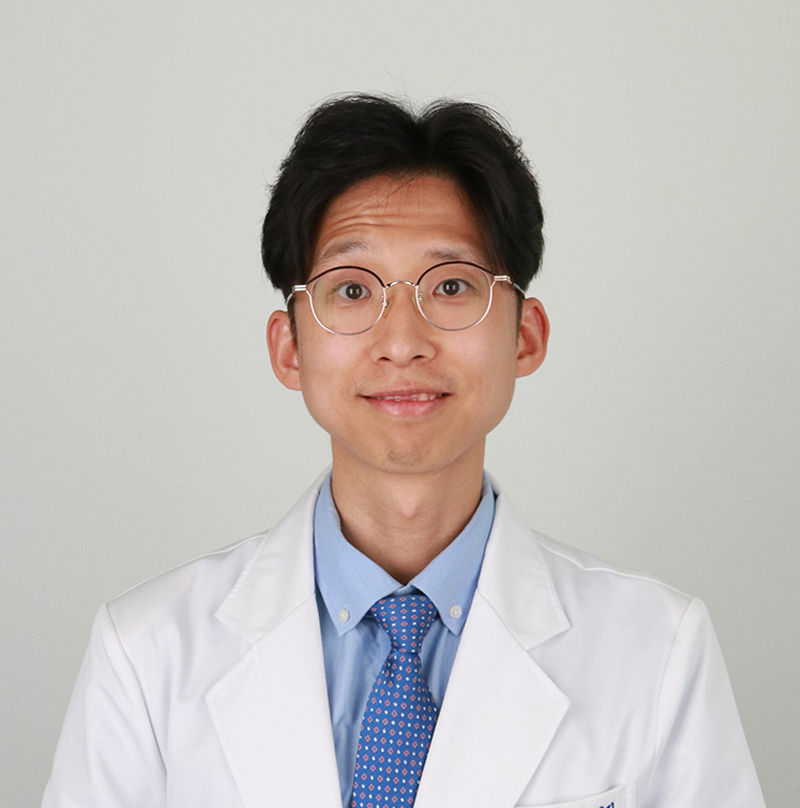
Allen Hong, MD, PhD
Postdoctoral Associate (2021~)
Hong graduated Bio & Brain Engineering at Korea Advanced Institute of Science and Technology (KAIST) as B.E. in 2010, and Ajou University School of Medicine as MD, PhD in 2018. His PhD topic was ‘the regulation of lipid metabolism by B cell translocation gene 2 (Btg2) in mice model’.
He joined Dr. Savidge’s lab in 2021 and currently Hong is working on the relationship between S-nitrosylation and Ubiquitination. In detail, Nitric oxide (NO) can oxidize cysteine residues of a protein and form S-nitrosothiols (SNOs). This S-nitrosylation regulates the activity, localization, stability, and interaction of proteins. Among many S-nitrosylated proteins, Hong focuses on ubiquitination machineries (E1,E2 and E3) and study the relationship between SNO and ubiquitination in general.
The research interest of Hong is at nutrition (starvation to obesity) in molecular to society level. His interest started as he wanted to increase body weight; his BMI has been under 18 (underweight) so far.
Personally, Hong loves to cook for his two sons, and bake brownies for anyone who wishes.

Madushani Herath, PhD
Postdoctoral Associate (2021~)
I received my PhD in Enteric Neurophysiology at the University of Melbourne, Australia. During my PhD, I studied causes for gastrointestinal dysfunction in autism spectrum disorder.
I am interested in identifying how altered neuro-immune signatures contribute to intestinal disorders. Currently I am investigating the role of neuropeptides Vasoactive intestinal protein (VIP) in regulating neuro-immune interactions in the intestine.
Leasure: Travelling is my addiction

“Stephanie” Sik Yu SO , PhD
Postdoctoral associate (2020~)
Sik Yu SO (Stephanie), PhD, received her B.Sc. and Ph.D. (2020) from School of Biological Sciences at the University of Hong Kong. In her PhD, she investigated the effect of yeast beta-glucan and on obesity in mice, focusing on the involvement of bile acid and microbiome modulations. Stephanie is currently a Postdoctoral Associate with research interest in irritable bowel syndrome (IBS) and other gastrointestinal diseases. She focuses on sex-specific pathophysiological mechanisms and therapeutic effects through analyzing clinical studies.

Ravi Verma, PhD
Postdoctoral associate (2021~)
I received my PhD in molecular immunology and autoimmune disease from the department of life sciences at the Jawaharlal Nehru University, New Delhi, India. My PhD research focused on gut microbiota dysbiosis and dysregulated immune response in inflammatory bowel disease.
During my Postdoc, we elucidated an early colonized gut bacteria B. bifidum maintain tolerance in the intestine through induces regulatory T cell generation. Mechanistically, a capsular component of B. bifidum signaling via TLR2 receptor is important to induce Treg cells.
My interest is to identify how immunological signatures from gut microbiomes play a role in autoimmune and infectious disease. At present investigating the role of bile acid and microbiome regulation in IL-10 knockout colitis mice model and immune modulation in gut.
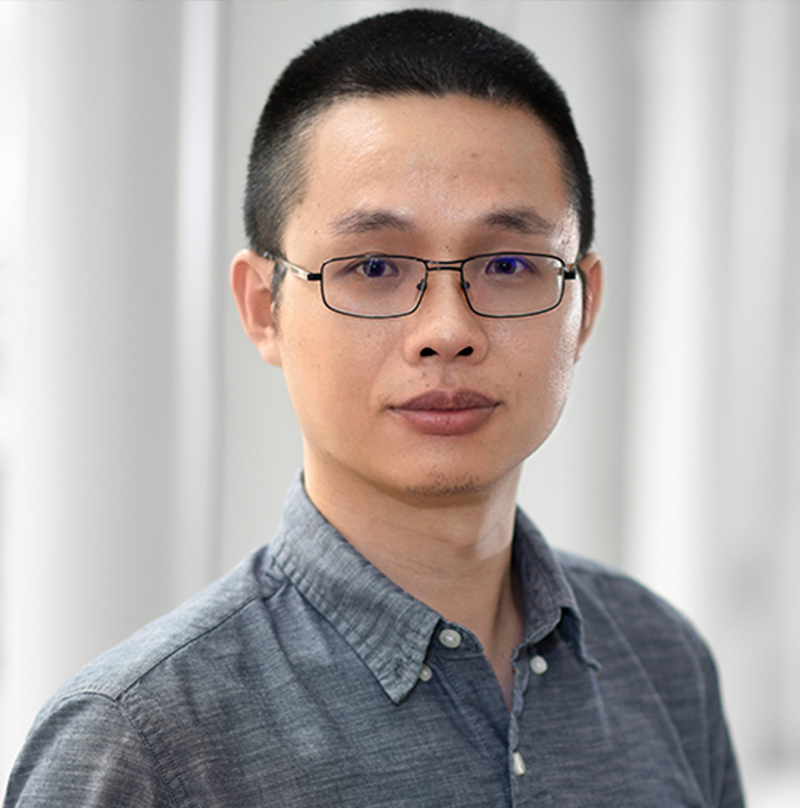
Qinglong Wu, PhD
Instructor (2020 ~ 2023)
Postdoctoral Associate (2017 ~ 2020)
Qinglong Wu received PhD in food microbiology and functional genomics at The University of Hong Kong in 2016. He received postdoctoral training in gastroenterology & gut microbiome at Texas Children’s Microbiome Center, specifically focusing on gut microbiota-derived GABA and GABAergic signaling in C. difficile infection. After his promotion to Instructor position, he focused more on translational gut microbiome including molecular diagnostics and live biotherapeutics product R&D for predominant diarrheal diseases including C. difficile infection (CDI), Inflammatory bowel disease (IBD) and Irritable bowel syndrome (IBS).
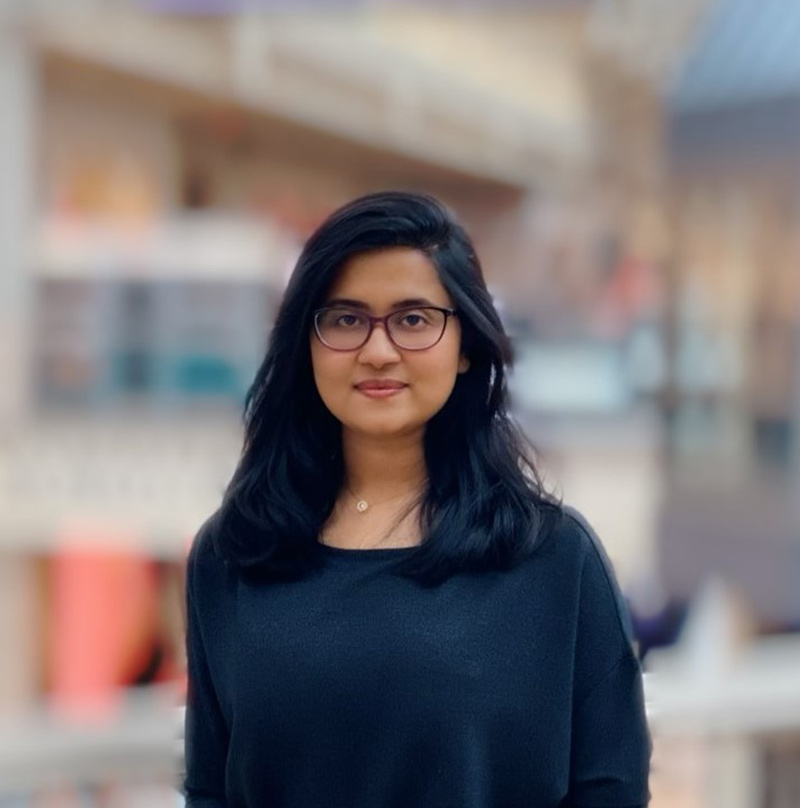
Samiha Sayed Sharna
Research Assistant (2021~)
Samiha graduated from RMIT University in Australia with an MS (research-based) in Biomedical Science. Her research was on the gut-brain axis in Autism where she was trying to understand how synaptic mutations in a mouse model of Autism impact on microbial and neuroimmune interactions using various immuno-histological and molecular techniques. She started working in Dr. Savidge’s lab in 2021, and her current research focuses on the interaction of microbes with the nervous system and immune cells in the induction of intestinal diseases.
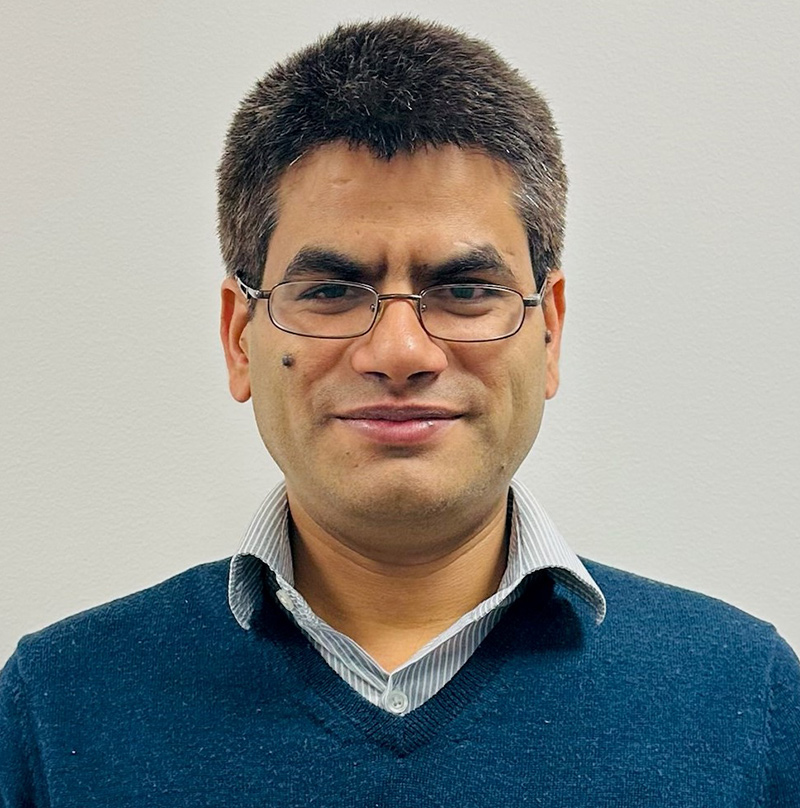
Shyam Badu, PhD
Postdoctoral Associate (2020~)
Shyam Joined Dr. Savidge’s lab in 2020. His research focuses on microbiome discovery for gastrointestinal diseases (IBS, UC, CD and CDI) via analysis of next generation sequencing data. He uses various bioinformatics tools and techniques to analyze multi-omics data.
Shyam completed his MS and PhD in physics from the State University of New York at Albany, Albany, New York. His PhD research focuses on the electronic structure study of biomolecules.
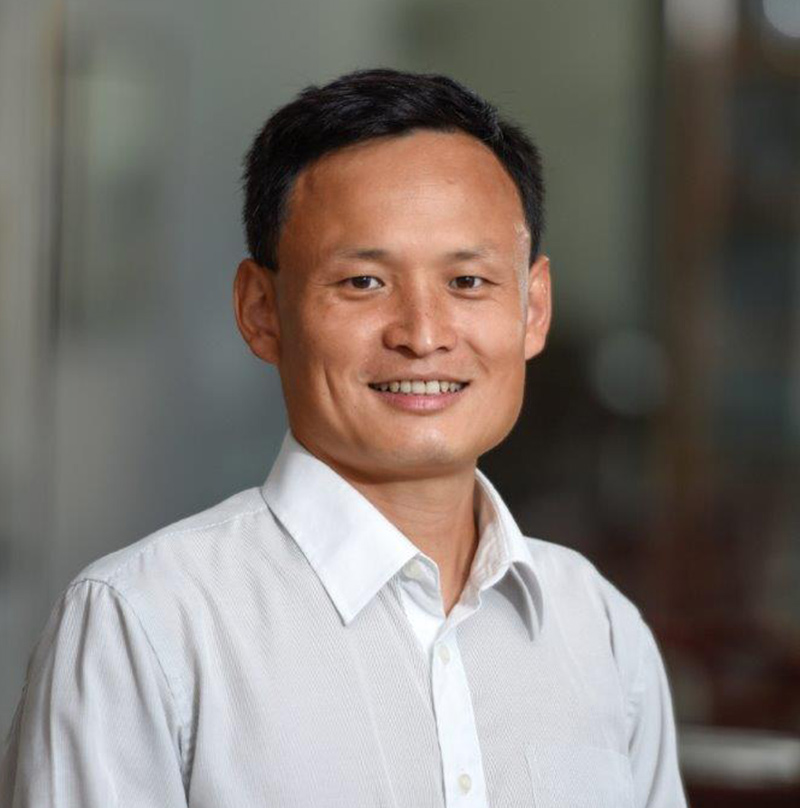
Xianlong Wang, PhD
Postdoctoral Associate (2023~)
Xianlong obtained his Ph.D. in Animal Science from China Agricultural University. After completing graduate training, Xianlong was recruited to the Institute of Zoology at the Chinese Academy of Sciences where he generated genetically modified pig models for human disease using the CRISPR/Cas9 system. In 2016, Xianlong moved to Baylor College of Medicine where he worked with Dr. Deborah Johnson studying how ubiquitination modification regulated the RNA polymerase III-dependent transcription in cancer. Xianlong currently focuses on the crosstalk between protein ubiquitination and S-nitrosylation. Xianlong loves to stay at home with his family and play soccer with his friends.
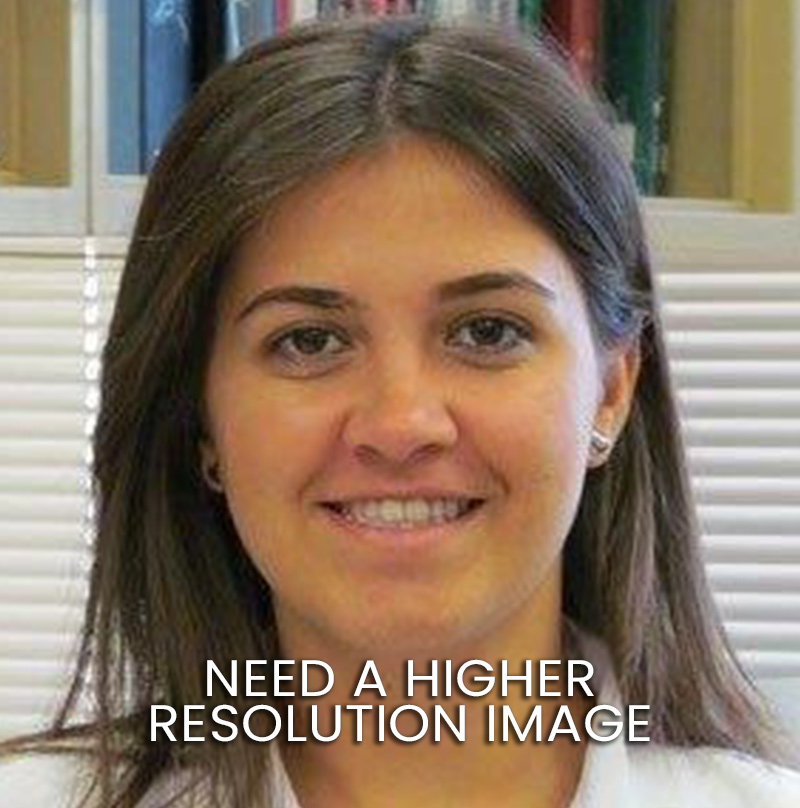
Nazli Yalcinkaya, MSc
Assistant Laboratory Director (2022 ~)
Nazli pursued her M.Sc. in Neuroscience from Istanbul University, Istanbul, Turkey. After completing graduate study, Nazli was recruited to the Baylor College of Medicine where she worked with Dr. Savidge since 2016 as Research Assistant I, II, Research Associate and finally as Assistant Laboratory Director. Nazli’s research in Dr. Savidge’s lab focuses on novel post-translational modifications, the interplay between nitric oxide and ubiquitination signals in multiple host-microbiome models, specifically focusing on neuroimmune mechanisms that regulate Clostridioides difficile (C. difficile) infection. Nazli’s research interest is learning about how bacterial communities affect the crosstalk between microbes and neurodegenerative and psychiatric diseases.

Nian Liu, PhD
Postdoctoral Associate (2023~)
Liu received his PhD in Microbiology at the Aix-Marseille University, France in 2022. During his PhD, he worked on the use of polysaccharides by a Gram-positive anaerobic bacterium, studying the import and intracellular degradation systems of oligosaccharides.
He has a passion for studying a broad range of bacteria. And he is willing to try diverse technologies related to microbiology.
Leisure activities: cooking/baking

Henok Ayalew Tegegne, PhD
Postdoctoral Associate (2023~)
I received my Ph.D. (Joint Program) in Public Health and Food Hygiene from the University of Claude Bernard University Lyon 1, France, and the University of Veterinary Sciences Brno, Czech Republic, respectively. My Ph.D. research focused on the molecular epidemiology of methicillin-resistant Staphylococcus aureus (MRSA) in the food chain. During my Postdoc, in the framework of the One Health European Joint Program (OHEJP) ‘MATRIX’ project, we developed a generic tool called ‘OH-EpiCap’ for One Health epidemiological surveillance evaluation.
I am interested in understanding global patterns of antimicrobial resistance (AMR), new structural details of relevant molecular events underpinning resistance mechanisms, and developing novel therapeutic options.
Alumni
Qinglong Wu, PhD
Instructor (2020 ~ 2023),
Postdoctoral Associate (2017 ~ 2020)
Qinglong Wu received PhD in food microbiology and functional genomics at The University of Hong Kong in 2016. He received postdoctoral training in gastroenterology & gut microbiome at Texas Children’s Microbiome Center, specifically focusing on gut microbiota-derived GABA and GABAergic signaling in C. difficile infection. After his promotion to Instructor position, he focused more on translational gut microbiome including molecular diagnostics and live biotherapeutics product R&D for predominant diarrheal diseases including C. difficile infection (CDI), Inflammatory bowel disease (IBD) and Irritable bowel syndrome (IBS).
Samiha Sayed Sharna, MSc
Research Assistant (2021~2023)
Samiha graduated from RMIT University in Australia with an MS (research-based) in Biomedical Science. Her research was on the gut-brain axis in Autism where she was trying to understand how synaptic mutations in a mouse model of Autism impact on microbial and neuroimmune interactions using various immuno-histological and molecular techniques. She started working in Dr. Savidge’s lab in 2021, and her current research focuses on the interaction of microbes with the nervous system and immune cells in the induction of intestinal diseases.
Allen Hong, MD, PhD
Postdoctoral Associate (2021~2023)
Hong graduated Bio & Brain Engineering at Korea Advanced Institute of Science and Technology (KAIST) as B.E. in 2010, and Ajou University School of Medicine as MD, PhD in 2018. His PhD topic was ‘the regulation of lipid metabolism by B cell translocation gene 2 (Btg2) in mice model’.
He joined Dr. Savidge’s lab in 2021 and Hong worked on the relationship between S-nitrosylation and Ubiquitination. In detail, Nitric oxide (NO) can oxidize cysteine residues of a protein and form S-nitrosothiols (SNOs). This S-nitrosylation regulates the activity, localization, stability, and interaction of proteins. Among many S-nitrosylated proteins, Hong focuses on ubiquitination machineries (E1,E2 and E3) and study the relationship between SNO and ubiquitination in general.
The research interest of Hong is at nutrition (starvation to obesity) in molecular to society level. His interest started as he wanted to increase body weight; his BMI has been under 18 (underweight) so far.
Personally, Hong loves to cook for his two sons, and bake brownies for anyone who wishes.
Now Hong is at Driscoll Children’s Hospital as Pediatric resident at Corpus Christi, Texas.
Serge Fobofou, PhD
Postdoctoral Associate (2021~2022)
Dr. Fobofou received his PhD (summa cum laude) in chemistry at the Leibniz Institute of Plant Biochemistry and Martin-Luther University Halle-Wittenberg in Germany. He investigated therapeutically relevant small molecules from medicinal plants. Later, he conducted his postdoctoral research at Harvard Medical School in Jon Clardy’s lab where he worked on bioactive compounds from microbiomes. After a return to Germany to work at the Technical University Braunschweig (Institute of Pharmacy) as an independent junior group leader, he joined Tor Savidge’s lab at Baylor College of Medicine/Texas Children’s Hospital to search for antibiotic compounds from the human microbiome against C. difficile. Dr. Fobofou is now a Principal Investigator at Sonoran University of Health Sciences, Tempe (Arizona). His ultimate research goal has always been the discovery of molecules that can serve for the development of new therapeutic agents.
